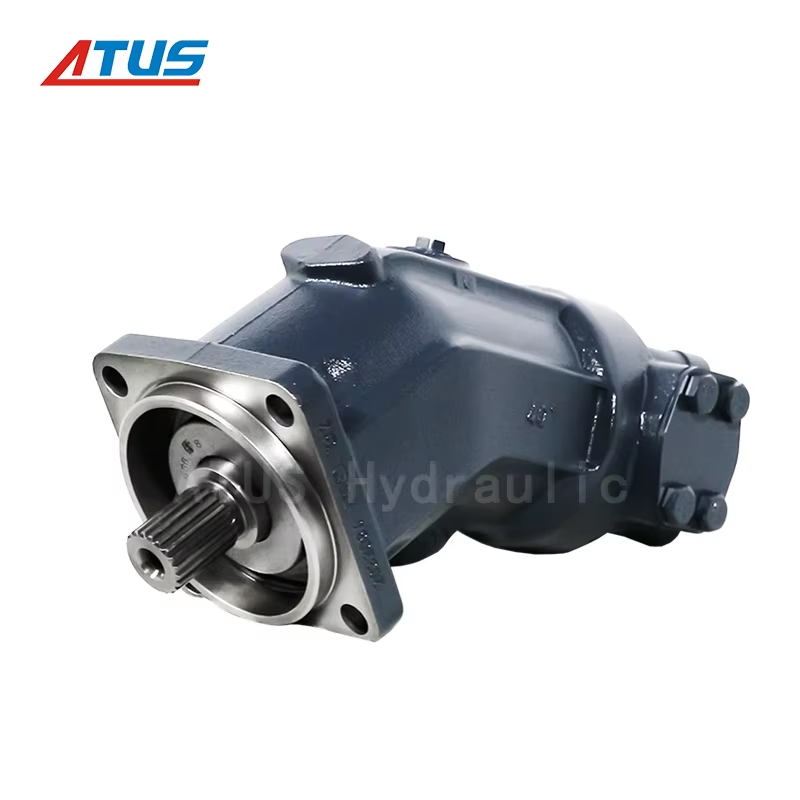Booster pumps and motors, like many hydraulic system components, are fabricated from materials that impart specific performance characteristics. Considering various materials for appropriate embedded hardware would ensure optimal performance as it would increase system service life and reliability. One of the leading manufacturers, ATUS, emphasizes the importance of the correct material selection in relation to the capabilities of hydraulic systems.
The Role of Material Selection in Hydraulic Systems
Booster pumps and motors in hydraulic systems should be designed of materials that have a particular set of properties viz. reasonable cost, high strength, good wear, as well as some corrosion resistance. Since these components are constantly subjected to pressure, vibration, and many kinds of fluids, improper material selection for these components is substantial to their performance and service life. In the ideal world, when designing, all of these requirements could be taken into account along with the operational conditions of the hydraulic system in question.
Booster Pump Material Considerations
A booster pump is one of the important elements in hydraulic systems used for boosting the hydraulic fluid pressure. The materials chosen for booster pump construction must endure high pressures and consistent fluid flow without degradation. The most popular materials for most parts of the booster pump are stainless-steel, aluminium alloys, or bronze. These materials have good fatigue resistance especially in cases where the fluids that have a systemic priming require exposure to potent and strong fluids.
Besides, the components must have enough protection from abrasion to allow the pump to sustain operations at high fluid pressure for a prolonged period. ATUS is a hydraulics producer known for high-efficiency hydraulic products including boost pumps and so the materials in their booster pumps can be trusted for efficiency and strength to enhance the efficiency of the entire system.
Motor Material Considerations
Another important element that completes the hydraulic system is the hydraulic motor. Just like the booster pump, the motor will also have to be constructed with strong, high-pressure materials able to withstand rapid motion. Typically, motors are constructed from materials such as cast iron and steel alloys. These are strong materials able to endure the mechanical stresses that exist within the confines of the motor. When completing any heavy-duty applications, ATUS introduces cutting-edge motor materials of construction that add value and assurance even in the most difficult of conditions.
Another aspect to keep in mind in the hydraulic motors construction is their strength, and also the heat resistance of the materials used. This is because hydraulic motors usually work under high temperatures due to the use of hydraulics, which create high amounts of heat and if not controlled well will degrade the material. ATUS relies on heat resistant alloys and special coatings to promote the motors' constant operational capabilities with no overheating issues.
ATUS’s Material Selection Policy
Manufactures such as ATUS have also put much emphasis on the innovation and quality of their hydraulic components including the booster pumps and motors. They employ methods of advanced material science, to seek materials with high resistance strength, wear and corrosion. These considerations further ensures that their products not only operate at the highest levels but also provide long term value to the customers in terms of cost.
In the market, ATUS believes that they are unique in the use of advanced materials which help in the properties of their products such as durability and efficiency. This is done by focusing on characteristics such as strength, corrosion resistance, wear resistance among others, which means that the hydraulic systems made by ATUS work efficiently in various demanding environments.
